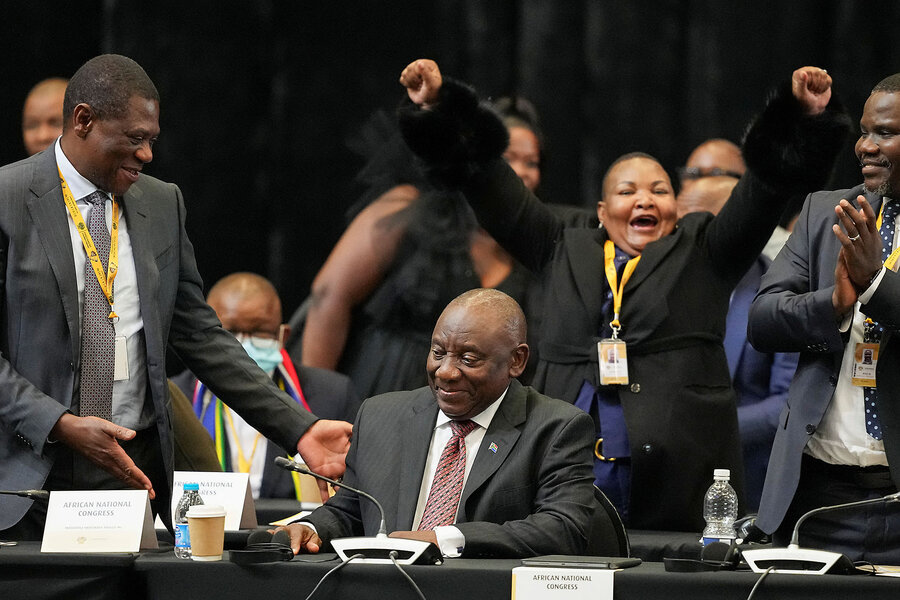Practical Strategies for Creating a Stable Business Environment amidst the Political Uncertainty of South Africa’s Political Uncertainty: What are the economic implications of political uncertainty on investor confidence in South Africa and how can a company build a stable business environment?
In today’s rapidly expanding global economy, investors seek clarity, consistency, and confidence in their decision-making. In the case of South Africa – a country abundant in resources, talent, and potential – political uncertainty has time and again stood in the way of unlocking growth.
Differences in government choices, not very firm regulations, and policy adjustments have added to a setting where business confidence is shaky and both inside the country and out of the country investors stay careful.
This post looks into the causes and results of political uncertainty in South Africa͏, its impact on investor confidence, and measures to boost a more predictable and stable economic atmosphere.
What is political uncertainty?
Political uncertainty is defined as the lack of clarity or consistency in the economic, regulatory, or legislative direction of the government. It comprises the following:
• Changes in economic policy take some time.
• Delayed reforms or inconsistent implementation.
• Conflicting signals from various government entities.
• Legal ambiguity or uncertainty in enforcement.
In South Africa, this was evident as debates on land expropriation, inconsistent energy policies, and slow structural reforms. All these added up to dents in the country’s investment climate.
Sizing up investor confidence
What this calls for is the measurement of more than just numbers and profits when it comes to investor confidence. This is directly bound with the predictability, transparency, and trust in the long-term economic aspects of a country.
In the quarters between 2019 and 2023, the Business Confidence Index fell below 90 points at which it indicated ongoing concerns. In 2022, foreign direct investment (FDI) inflows dropped hugely more than 40% from the preceding year as reported by UNCTAD.
Causes:
• Power outages and
insecurity in energy
• Mining regulations and infrastructure investment are the key critical issues lagging policy.
• Problems with fiscal discipline, increasing debt, and unclarity around the strategy of public expenditure have led to.
Sectors need
1. Energy and infrastructure
A review of South Africa’s energy policy is necessary as there is chronic power shortage, and the mix of renewable energy is changing. Although such projects are introduced by the government, Bid Window 6, among others, for renewable projects, the implementation has been on a non-predictable basis due to both regulatory rul…
Rules and regulations in the mining and natural resources sector need a lot of attention. There have been some setbacks in the industry due to factors such as delays in issuing licenses and permits, as well as conflicts within the country. Until there is more clarity on both the beneficiation policies and the environmental requirements, certainty cannot be established.
The financial technology and banking industries are sectors that have an extremely high sensitivity to regulatory change. Issues regarding data security, the regulation of digital money, and the enforcement of crimes related to finance have come to play a more and more integral part in the formulation of perceptions of investors-especially in an age of global rules and orders.
Legislation, Communication, and Implementation
Besides legislation, greater consideration needs to be placed on the communication and implementation of policies. Disaggregated messages from ministries, late implementation, or rather the absence of consultations with the private sector can stamp out the interest of both local businesses and foreign investors.
The public-private dialogue and the combination of clear timelines for reform can help quite a lot in restoring confidence.
Positive Signs and Ongoing Reforms
Though the challenges are quite formidable, there is every reason to believe that real, meaningful developments are underway.
• The economic reform strategy of the Treasury, introduced in recent years, aims to address bottlenecks in logistics, energy, and labor markets.
• Operation Vulindlela, which is the Bureau working together with the National Treasury, aims to deliver structural reforms in sectors such as water licensing, broadband, and transport.
• A renewed focus on energy reform-that is, including unbundling Eskom and also accelerating private power generation-has been welcomed business community.
Timely publication of clear operational plans and constant communication would catalyze efforts to make the above happen.
An independent judiciary, and the regional trade opportunities through the AfCFTA, also supports South Africa.
What needs to happen next?
The following are the key areas that can truly help in building a stable economic environment:
1. Improving policy implementation:
Clear timelines, published regulatory plans, and consistent communication.
2. Strengthening institutional capacity:
Timely publication of clear operational plans and constant communication would catalyze efforts to make the above happen.
An independent judiciary, and the regional trade opportunities through the AfCFTA, also supports South Africa.
Regulatory agencies and departments must have adequate resources and effective leadership in place to ensure the proper implementation of reforms, as well as to do so in a way that is visible.
3. Keeping to the policy
There should be coherence in the policies of government departments.
4. Talk the walk
Ongoing talks with industry captains, as well as labor and the community, will make the reforms sustainable—on top of making them more welcome.
Political uncertainty is not only something that can be attributed to South Africa, but the effects of it are most salient in a country that is aiming for growth, integration, and transformation. There is a need for transparency to be promoted, delays to be reduced and institutional coherence to be improved so that South Africa can provide an environment that is more stable and attractive for investment. Confidence does not happen overnight. But with the continuation of visible actions, open dialogue, the country is well poised to rebuild trust and harness its full economic might.
